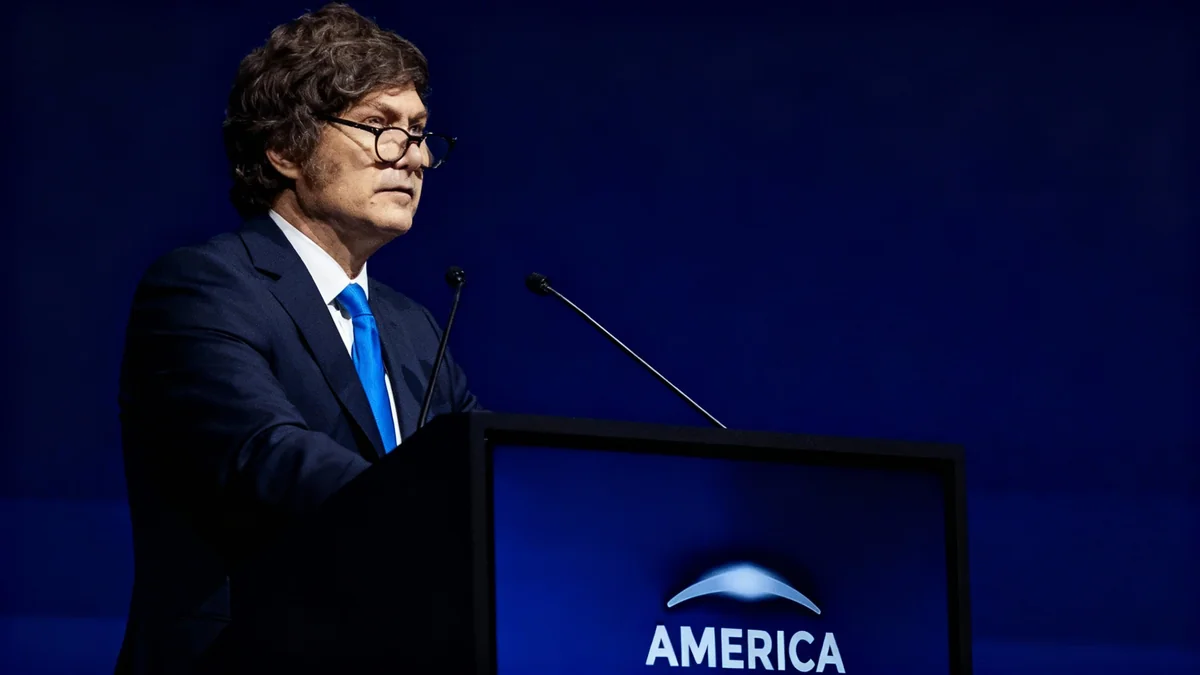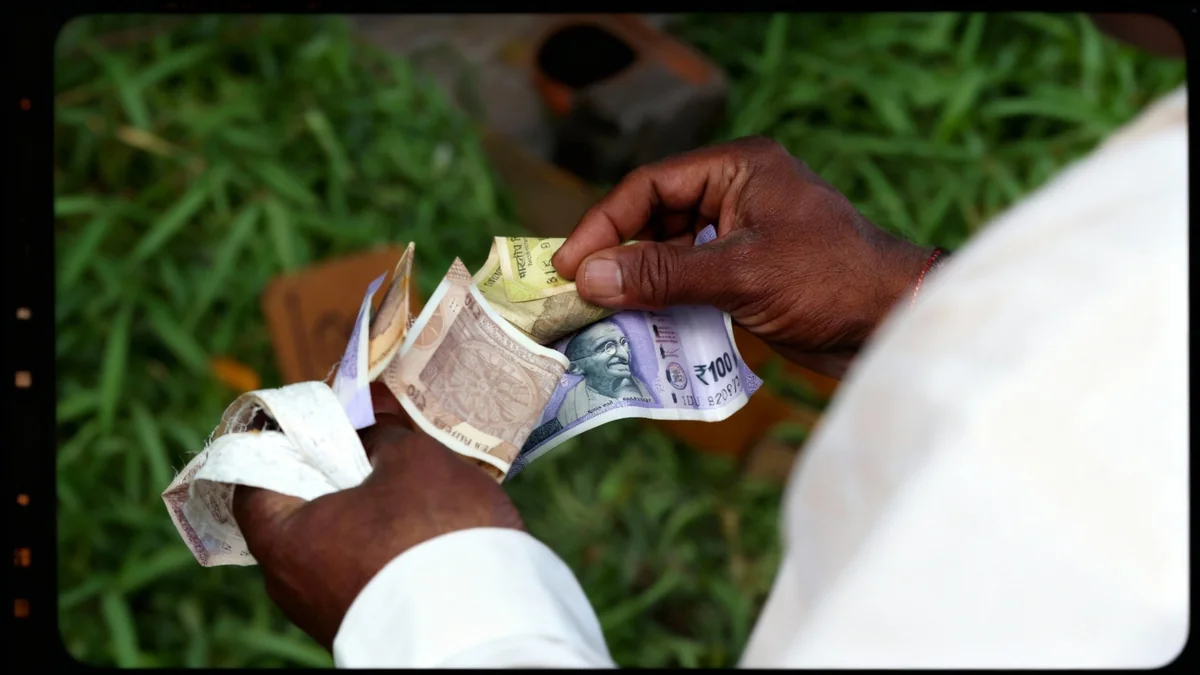Pacific Investment Management Co. (Pimco), a major global investment firm, has urged Argentina's President Javier Milei to allow the peso to float freely. This recommendation comes as Milei prepares to meet with investors in New York, signaling a critical juncture for Argentina's economic future.
The call for a free-floating peso is a significant piece of advice from a prominent fund manager, reflecting international investor sentiment regarding Argentina's currency policy and broader economic reforms.
Key Takeaways
- Pimco recommends Argentina allow its peso to float freely.
- This advice comes ahead of President Milei's investor meetings in New York.
- The move aims to build investor confidence and support economic stability.
The Current Economic Landscape in Argentina
Argentina has grappled with severe economic challenges for years, including high inflation, currency controls, and a significant debt burden. President Milei, who took office with promises of radical economic reform, has already implemented several austerity measures.
His administration has focused on reducing government spending and tackling the country's persistent fiscal deficit. These efforts are part of a broader strategy to stabilize the economy and restore investor trust.
Economic Snapshot
Argentina's annual inflation rate has consistently been among the highest globally, often exceeding 100% in recent periods. The country has also faced multiple sovereign debt defaults over the past two decades.
Why a Free-Floating Peso?
A free-floating currency means its value is determined by market forces of supply and demand, without direct intervention from the central bank. For Argentina, this would mark a significant departure from its long history of currency controls and managed exchange rates.
Pimco's recommendation suggests that allowing the peso to float could help Argentina achieve greater economic stability and predictability. It could also make the country more attractive to foreign investors who often view currency controls as a barrier to investment.
"Letting the peso float freely would be a crucial step towards building long-term investor confidence and ensuring sustainable economic growth," a market analyst stated, echoing sentiments from major financial institutions.
Benefits of Floating the Peso
- Increased Transparency: Market-determined exchange rates offer clearer signals about the economy's health.
- Investor Confidence: Reduces perceived risk for foreign investors, potentially attracting more capital.
- Efficient Resource Allocation: Prices of goods and services better reflect true economic value.
- Reduced Black Market Activity: Eliminates the incentive for parallel exchange rates.
Challenges and Risks
While a free-floating peso offers potential benefits, it also comes with risks, especially in an economy as fragile as Argentina's. The immediate impact could include a sharp depreciation of the currency, leading to higher import costs and potentially fueling inflation in the short term.
Managing public expectations and implementing strong fiscal policies would be essential to mitigate these risks. The government would need to ensure that any currency depreciation is absorbed without triggering a new spiral of economic instability.
Historical Context
Argentina has historically used various forms of currency controls to manage its economy. These measures, while sometimes intended to stabilize the peso, have often led to unintended consequences such as black markets and distorted economic signals.
Milei's Economic Strategy and Investor Reaction
President Milei's upcoming meetings with investors in New York are crucial. He is expected to present his economic vision and reassure the international community about Argentina's commitment to reform. The advice from Pimco underscores the expectations of global financial players.
The administration's ability to articulate a credible path forward for the peso and the broader economy will be key to unlocking much-needed foreign investment. Investors will be looking for clear signals of fiscal discipline and a commitment to market-oriented policies.
The pressure is on Milei to navigate these complex economic waters. The decision on the peso's future will significantly shape Argentina's economic trajectory and its standing in global financial markets.





